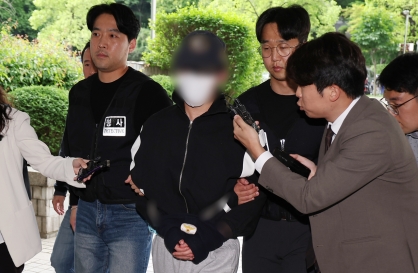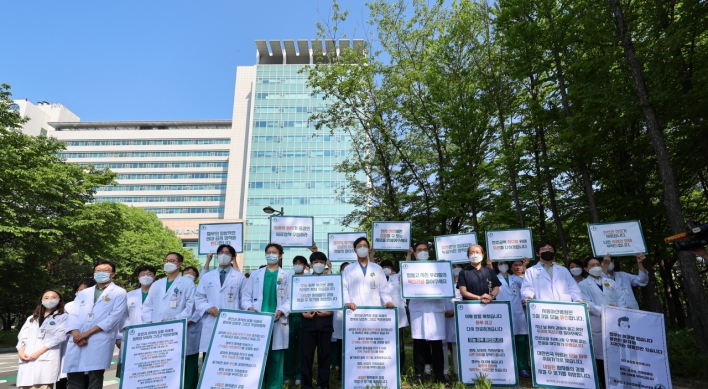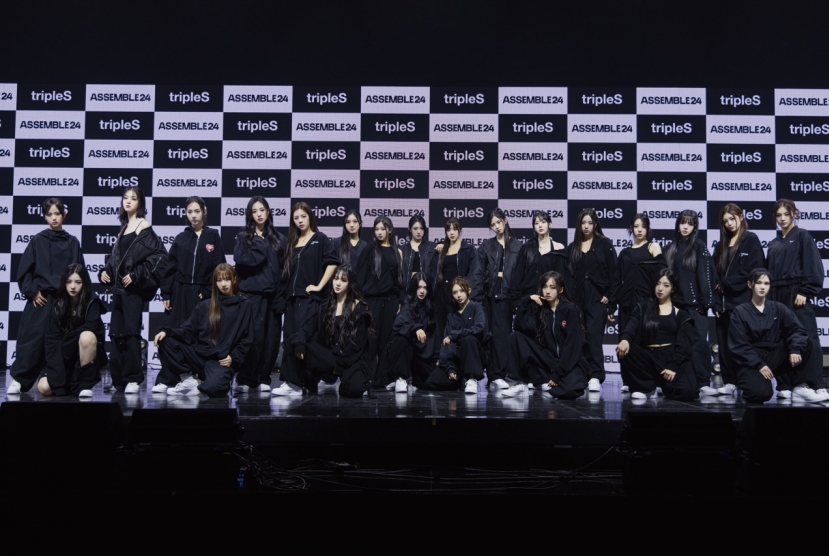We are increasingly uneasy that judges are making the news, not only with their verdicts but with their Twitter messages, and even with a collective appeal to the Supreme Court concerning the desirability of an international pact ratified by the Assembly and signed into law by the president.
Judge Kim Ha-neul at the Incheon District Court has sent a letter of suggestion to Chief Justice Yang Seung-tae, asking him to form a task force for a court-level study of the Korea-U.S. free trade agreement in order to initiate renegotiation with Washington over some clauses he regarded as infringing on Korea’s judicial sovereignty. The letter was co-signed by 166 judges, about 10 percent of the nation’s total.
He said there were problems in the negative-list system of market opening and prohibition of reversal, and in the investor-state dispute (ISD) clauses. The objecting judges were generally in concurrence with the opposition parties in their persistent protests through recent months against the Korea-U.S. FTA before and after its ratification on Nov. 22.
We just wonder why these judges had to wait four long years to express their opinion, no matter how valid it may be. They spoke up on the deal, signed by both governments in 2007, only after its ratification by the legislatures of the United States and Korea. Do they have the same explanation as those opposition lawmakers who had supported the Korea-U.S. FTA in 2007 that they did not know the trade pact was so bad at that time?
Judge Choi Eun-bae at the same Incheon District Court drew our attention with his verdict in favor of seven schoolteachers who filed a suit for the retraction of administrative punishment for their financial support to the Democratic Labor Party. They had been found guilty in a criminal court of violating the Political Funds Law and were consequently dismissed or suspended.
He presented a very peculiar logic in his ruling that canceled the punishments. He argued that administrative punishment of individuals supporting an anti-government party could be seen as persecution of political opposition and an infringement on civic liberty. He virtually said that when it comes to public servants, including teachers, contributing money to an opposition party should be protected by the court while financial support for the ruling party should not.
Beyond all logical sense, the judge made the serious error of regarding the education office’s punitive measure as the exercise of state power. Educational autonomy is firmly established in Korea and education offices are under the control of democratically elected provincial and metropolitan education superintendents who are not affiliated with any political parties.
The same Judge Choi had aroused concerns with his recent Twitter message criticizing President Lee for selling out the nation with the Korea-U.S. FTA, using profanity. He responded to critical comments on the Internet by saying that judges should also have the same freedom of expression that all citizens do.
Choi may be a rare case of confused identity, forgetting that his duties are interpreting and applying laws but not judging the law itself. But more problematic is the fact that 166 judges have joined the petition to the chief justice concerning the Korea-U.S. FTA. It is just appalling to imagine how these judges will rule on cases related to FTA protests.
Judge Kim Ha-neul at the Incheon District Court has sent a letter of suggestion to Chief Justice Yang Seung-tae, asking him to form a task force for a court-level study of the Korea-U.S. free trade agreement in order to initiate renegotiation with Washington over some clauses he regarded as infringing on Korea’s judicial sovereignty. The letter was co-signed by 166 judges, about 10 percent of the nation’s total.
He said there were problems in the negative-list system of market opening and prohibition of reversal, and in the investor-state dispute (ISD) clauses. The objecting judges were generally in concurrence with the opposition parties in their persistent protests through recent months against the Korea-U.S. FTA before and after its ratification on Nov. 22.
We just wonder why these judges had to wait four long years to express their opinion, no matter how valid it may be. They spoke up on the deal, signed by both governments in 2007, only after its ratification by the legislatures of the United States and Korea. Do they have the same explanation as those opposition lawmakers who had supported the Korea-U.S. FTA in 2007 that they did not know the trade pact was so bad at that time?
Judge Choi Eun-bae at the same Incheon District Court drew our attention with his verdict in favor of seven schoolteachers who filed a suit for the retraction of administrative punishment for their financial support to the Democratic Labor Party. They had been found guilty in a criminal court of violating the Political Funds Law and were consequently dismissed or suspended.
He presented a very peculiar logic in his ruling that canceled the punishments. He argued that administrative punishment of individuals supporting an anti-government party could be seen as persecution of political opposition and an infringement on civic liberty. He virtually said that when it comes to public servants, including teachers, contributing money to an opposition party should be protected by the court while financial support for the ruling party should not.
Beyond all logical sense, the judge made the serious error of regarding the education office’s punitive measure as the exercise of state power. Educational autonomy is firmly established in Korea and education offices are under the control of democratically elected provincial and metropolitan education superintendents who are not affiliated with any political parties.
The same Judge Choi had aroused concerns with his recent Twitter message criticizing President Lee for selling out the nation with the Korea-U.S. FTA, using profanity. He responded to critical comments on the Internet by saying that judges should also have the same freedom of expression that all citizens do.
Choi may be a rare case of confused identity, forgetting that his duties are interpreting and applying laws but not judging the law itself. But more problematic is the fact that 166 judges have joined the petition to the chief justice concerning the Korea-U.S. FTA. It is just appalling to imagine how these judges will rule on cases related to FTA protests.










![[K-pop’s dilemma] Time, profit pressures work against originality](http://res.heraldm.com/phpwas/restmb_idxmake.php?idx=644&simg=/content/image/2024/05/08/20240508050705_0.jpg&u=20240508171126)







